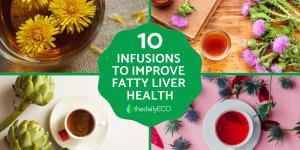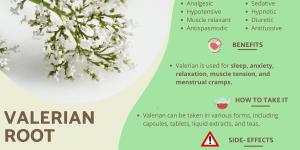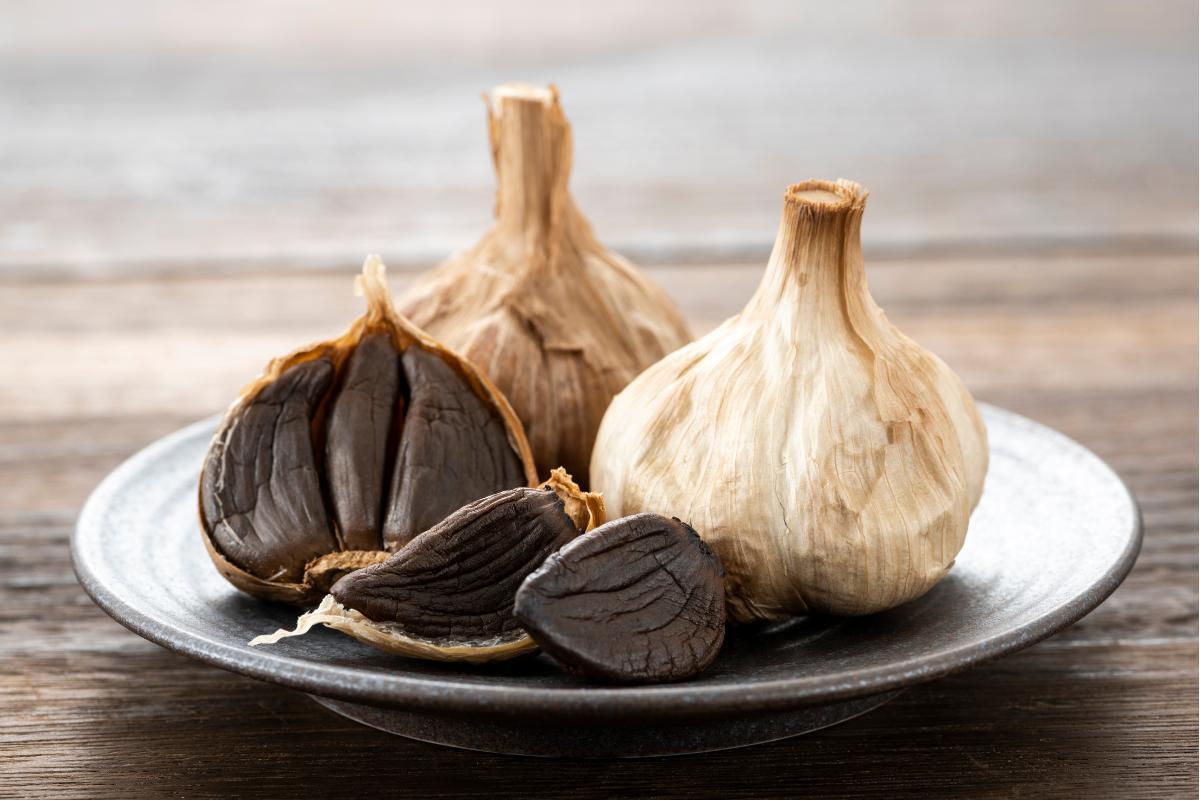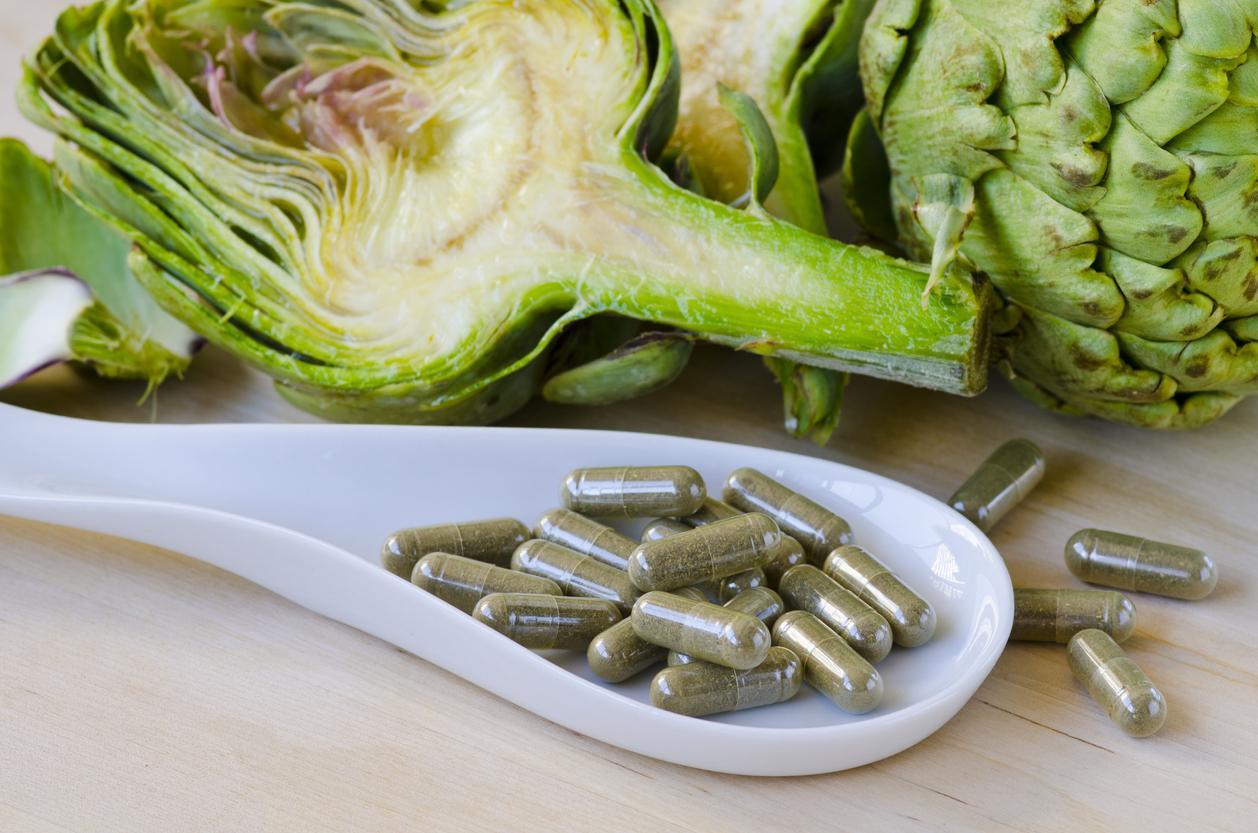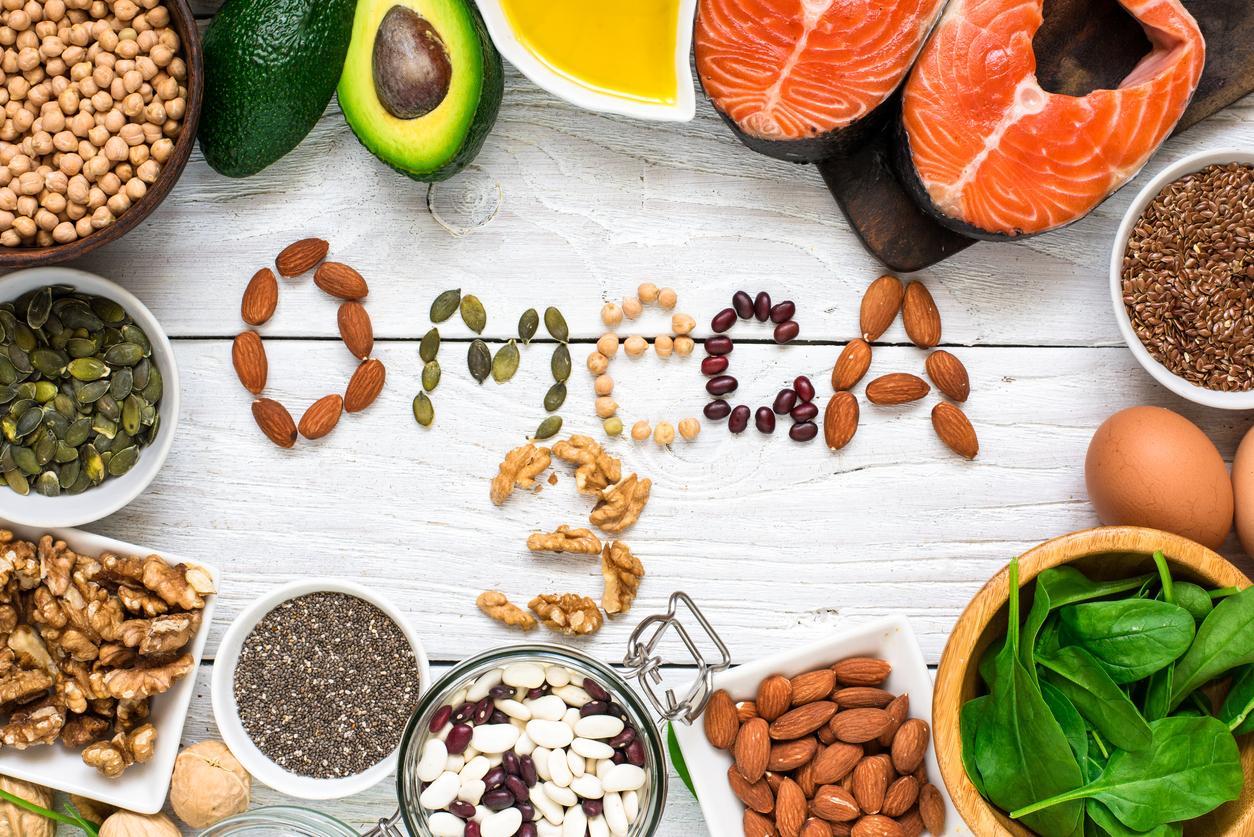How to Lower Your Cholesterol Naturally


High cholesterol is a major risk factor for heart disease, stroke, and other cardiovascular problems. While there are medications available to lower cholesterol, many people are looking for natural ways to improve their cholesterol levels. There are a number of natural supplements that have been shown to be effective in lowering cholesterol that you can easily include in your diet. Furthermore, certain lifestyle changes can also help to lower cholesterol levels.
This article will provide a comprehensive guide to the best natural supplements for cholesterol management, as well as tips on diet, exercise, and other lifestyle factors that can help you improve your cholesterol levels.
Black garlic
Black garlic is a fermented form of regular garlic that has been aged for several weeks or months under controlled heat and humidity. This process gives black garlic a unique flavor and aroma, as well as a darker color and softer texture.
Black garlic is also a good source of various compounds, including S-allyl-cysteine and S-allyl-mercapto-cysteine, which are believed to have various health benefits, including potential cholesterol-regulating effects.
Some research suggests that black garlic may help to lower LDL (bad) cholesterol and raise HDL (good) cholesterol. However, it is important to note that more research is needed to confirm the cholesterol-regulating effects of black garlic. Additionally, black garlic is not a standalone solution for treating cholesterol or other health conditions.

Soluble fiber
Soluble fiber is a type of dietary fiber that dissolves in water and forms a gel-like substance. This gel-like substance helps to bind cholesterol in the digestive tract and prevent it from being absorbed into the bloodstream.
Incorporating soluble fiber into your diet can be a beneficial strategy for managing cholesterol levels, particularly reducing LDL (low-density lipoprotein) or "bad" cholesterol.
Some excellent sources of soluble fiber include:
- Oats and oat bran
- Fruits like apples, plums, bananas, and pears
- Legumes, including chickpeas, lentils, broad beans, and various types of beans
To reap the most benefits, aim to include a variety of soluble fiber-rich foods in your diet each day. However, remember that dietary changes are most effective when part of a broader strategy that includes regular physical activity and a reduction in saturated and trans fats.
Soluble fiber supplements are also available, but it's important to talk to your doctor before starting any supplements, especially if you have any underlying health conditions or are taking any medications.
Artichokes
Artichokes are a delicious and nutritious vegetable that has been shown to have potential benefits for cholesterol management.
Artichokes contain compounds called cynarin and silymarin, which may help to reduce the production of LDL (low-density lipoprotein) or "bad" cholesterol in the liver and support its elimination through bile.
Here are some practical ways to incorporate artichokes into your diet for potential cholesterol management:
- Including artichokes as a part of your regular diet can contribute to overall heart health. Artichokes can be steamed, boiled, roasted, or grilled. They can also be added to salads, soups, and stews.
- Some traditional remedies involve preparing a decoction of artichoke leaves with lemon juice to potentially enhance their cholesterol-lowering effects.
- For those who prefer a more concentrated source, artichoke extract capsules are available in the market.
It is important to note that more research is needed to confirm the long-term safety and efficacy of artichokes and artichoke extract supplements for cholesterol management. Additionally, artichokes and artichoke extract supplements are not a substitute for conventional medical treatment for high cholesterol.
Learn how to plant the best vegetables and leafy greens for a delicious and nutritious fall harvest.

Green Tea
Green tea is a popular beverage that has been consumed for centuries for its many health benefits.
Green tea is rich in catechins, a type of antioxidant that can help to reduce the oxidation of LDL (low-density lipoprotein) or "bad" cholesterol. This can help to protect the arteries from damage and reduce the risk of heart disease.
Some research suggests that green tea consumption may also help to lower cholesterol levels. However, it is important to note that the effects of green tea on cholesterol may vary among individuals. For example, people who are already drinking a lot of green tea may not see as much benefit. Additionally, some people may be more sensitive to the effects of green tea than others.
Dandelion
Dandelion is a common plant that has been used for centuries for its medicinal properties.
Dandelion contains compounds called taraxacin and dandelion root extract, which have been shown to have potential cholesterol-lowering effects.
Dandelion offers potential benefits for cholesterol management through several mechanisms. Firstly, it promotes the production of bile, which aids in the removal of cholesterol from the body. Secondly, it may reduce the absorption of cholesterol from the digestive tract. Lastly, dandelion has shown effectiveness in preventing the oxidation of LDL (low-density lipoprotein) or "bad" cholesterol.
Here are some practical ways to incorporate dandelion into your diet for potential cholesterol management:
- Dandelion infusion: To make dandelion infusion, steep 1-2 teaspoons of dried dandelion leaves in a cup of hot water for 10-15 minutes. You can drink dandelion infusion up to three times per day.
- Dandelion extract capsules: Dandelion extract capsules are available in most health stores. Follow the dosage instructions on the label.
It is important to note that more research is needed to confirm the long-term safety and efficacy of dandelion for cholesterol management. Additionally, dandelion is not a substitute for conventional medical treatment for high cholesterol.
Omega-3 fatty acids
Omega-3 fatty acids are a type of polyunsaturated fat that has been shown to have a number of health benefits, including cholesterol management. Omega-3 fatty acids can help to lower LDL (low-density lipoprotein) or "bad" cholesterol levels while simultaneously increasing HDL (high-density lipoprotein) or "good" cholesterol levels.
Omega-3 fatty acids also have anti-inflammatory properties and can help to reduce the formation of blood clots. This can help to lower the risk of heart attacks and other cardiovascular diseases.
Here are some practical ways to incorporate omega-3 fatty acids into your diet:
- Fatty fish, such as salmon, tuna, mackerel, and sardines, are excellent sources of omega-3 fatty acids. Aim to eat two servings of fatty fish per week.
- Omega-3 supplements are available in the form of capsules, liquids, and gummies. If you are not able to eat two servings of fatty fish per week, you may want to consider taking an omega-3 supplement.
It is important to note that the effects of omega-3 fatty acids on cholesterol levels can vary among individuals. Additionally, omega-3 fatty acids can interact with certain medications, so it is important to talk to your doctor before taking omega-3 supplements, especially if you have any underlying health conditions or are taking any medications.
Were you aware that purslane leaves are not only packed with vitamins and minerals but also boast a significant quantity of Omega-3 fatty acids? Continue reading to discover various edible succulents and cacti types, as well as how to cultivate and prepare them.

Red yeast rice
Red yeast rice is a fermented rice product that has been used in traditional Chinese medicine for centuries. It is known for its potential cholesterol-regulating properties.
Red yeast rice contains compounds called monacolins, including monacolin K, which is similar to the active ingredient in the prescription cholesterol medication lovastatin.
Monacolins are believed to work by inhibiting the production of cholesterol in the liver. Regular consumption of red yeast rice has been shown to lower LDL (low-density lipoprotein) or "bad" cholesterol levels and raise HDL (high-density lipoprotein) or "good" cholesterol levels.
However, it is important to note that red yeast rice can interact with certain medications and may cause side effects, including muscle aches, liver damage, and stomach upset. It is important to talk to your doctor before using red yeast rice, especially if you have any underlying health conditions or are taking any medications.
It is also essential to keep in mind that the amount of monacolins in red yeast rice supplements can vary widely. This is why you have to choose a supplement that contains at least 10 mg of monacolin K per dose. Red yeast rice supplements may not be suitable for everyone. People with certain health conditions, such as liver disease, kidney disease, and muscle disorders, should not take red yeast rice.
Did you know that rice can also be beneficial for your plants? Continue reading to discover how to use rice water for fertilizing and safeguarding your plants.
Other natural supplements to lower cholesterol
Here are some other highly recommended natural supplements that may help lower cholesterol levels:
- Sugar cane: policosanol is a natural compound derived from sugarcane that has been shown to lower LDL (low-density lipoprotein) or "bad" cholesterol levels. It is thought to work by inhibiting the production of cholesterol in the liver. The recommended daily dosage of policosanol for cholesterol management is 5-20 mg.
- Soy lecithin: Soy lecithin contains phospholipids that can help to emulsify fats, which can lead to a reduction in cholesterol levels. The suggested daily intake of soy lecithin for cholesterol management is 1-3 tablespoons.
- Krill oil: Krill oil is a good source of omega-3 fatty acids, which have anti-inflammatory and antioxidant
properties. Omega-3 fatty acids have been shown to lower LDL cholesterol levels and raise HDL (high-density lipoprotein) or "good" cholesterol levels. The recommended daily dosage of krill oil for cholesterol management is 1-3 capsules.
It is important to note that all of these natural supplements can interact with certain medications, so it is important to talk to your doctor before taking them, especially if you have any underlying health conditions or are taking any medications.

Other ways to lower cholesterol levels
In addition to the natural supplements mentioned above, lowering cholesterol is a complex process that requires a multifaceted approach, including the following:
- Eat a healthy diet: a healthy diet for cholesterol management is low in saturated and trans fats and high in soluble fiber. Good sources of soluble fiber include oats, barley, beans, lentils, and fruits and vegetables.
- Exercise regularly: aim for at least 30 minutes of moderate-intensity exercise most days of the week.
- Maintain a healthy weight: being overweight or obese can increase your risk of high cholesterol. If you need to lose weight, talk to your doctor about a safe and effective way to do so.
- Quit smoking: smoking can raise your cholesterol levels. If you smoke, quitting is one of the best things you can do for your health.
- Reduce stress: stress can raise cholesterol levels. Find healthy ways to manage stress, such as exercise, yoga, or meditation.
- Get enough sleep: sleep is important for overall health, including cholesterol levels. Aim for 7-8 hours of sleep per night.
- Limit alcohol intake: alcohol can raise cholesterol levels. If you drink alcohol, do so in moderation.
Read on to find out how nutraceuticals can help you improve your energy levels, reduce inflammation, and support your immune system.
If you want to read similar articles to How to Lower Your Cholesterol Naturally, we recommend you visit our Natural remedies category.

